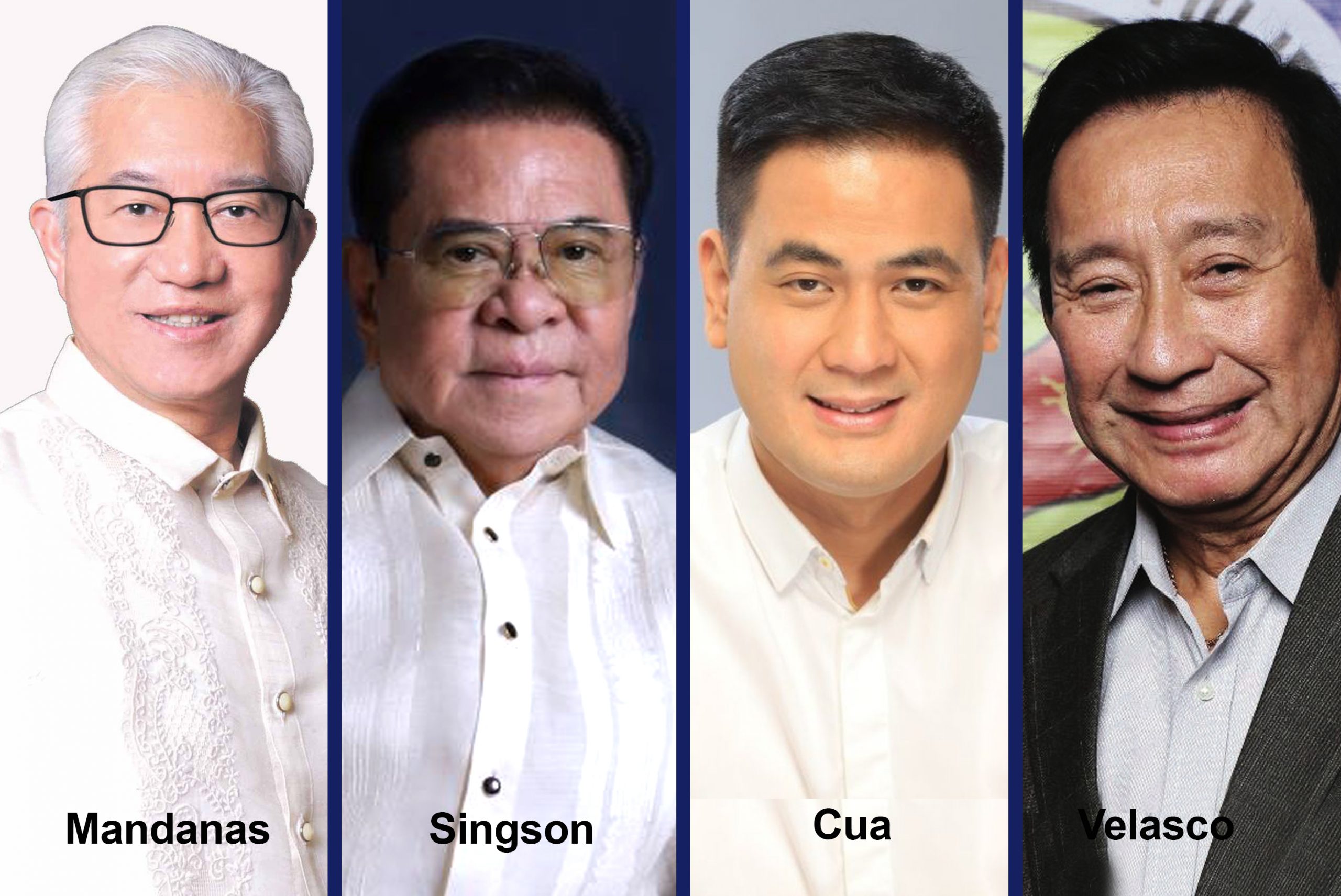
With more funds starting in 2022 due to the implementation of the “Mandanas-Garcia ruling,” local government units (LGUs) can bankroll more socio-economic development projects, including agriculture and fishery programs.
“This favorable development has long been awaited by our LGUs. With more financial resources, the provincial governments, in particular, can significantly boost the delivery of devolved functions and better perform their role as the country’s ‘food security czars’,” said Agriculture Secretary William Dar, during the recently-concluded National Food Security Summit (NFSS).
The ‘Mandanas-Garcia ruling’ is expected to increase the Internal Revenue Allotment (IRA) of LGUs, starting in 2022, by P234.4 billion to P1.8 trillion, 27.6 percent more than in previous years, according to the Department of Budget and Management (DBM). The LGUs can spend their IRA on infrastructure, agriculture, social welfare, health care, and livelihood, among other sectors, listed in the Local Government Code of 1991.
One of the NFSS resource persons, Batangas Governor Hermilando Mandanas—and lead petitioner of the case favorably decided on by the Supreme Court in July 2018 — said in a virtual message that the additional IRA in 2022 will, among other expenditures, enable them to fully implement the Province-Led Agriculture & Fisheries Extension Systems (PAFES) in partnership with the Department of Agriculture (DA).
Governor Mandanas said the PAFES will pave the way to crafting a food security program that will benefit farmers, fishers, ruralfolk, and agri-fishery industry stakeholders.
“I am certain that with the adoption of the PAFES concept, which is essentially the integration of the necessary services on the provincial level, we can effectively, efficiently, and economically promote a food security program that will be sustainable, inclusive, transparent, and with appropriate accountability,” he added.
For his part, Marinduque Governor Presbitero Velasco, Jr. — who also serves as President of the League of Provinces of the Philippines (LPP) — said they are optimistic in attaining food security with the increased IRA and local autonomy.
“The ‘Mandanas-Garcia ruling’ is critical not only because it corrects the 30-year injustice to the LGUs over their failure to receive their rightful entitlement from the national taxes collected by the national government; but also, an affirmation of the vital role played by the LGUs in national development,” Velasco said.
He added that starting next year, “all provinces, cities, municipalities, and barangays shall receive their respective ‘just’ share in the national tax collections, to carry out needed programs and projects that were shelved in the past for lack of resources.”
For his part, Quirino Governor Dakila Carlo Cua — who also serves as national chair of the Union of Local Authorities of the Philippines (ULAP) — said in a virtual message their provincial government has since been a strong partner of the DA, including their respective municipal LGUs, in implementing a sustainable and resilient food security program in Quirino amid the pandemic.
During his presentation, Governor Cua shared several best practices of Quirino province, highlighting its executive-legislative agenda for food security, which complements the efforts of the DA at the national level.
Finally, League of Municipalities of the Philippines (LMP) President Luis “Chavit” C. Singson said the ‘Mandanas-Garcia ruling’ and re-devolution of agricultural extension of the LGUs “give us hope to efficiently improve the implementation of our agricultural programs, including the provision of extension and support services.”
“The DA can count on the League of Municipalities’ support in all of your endeavors. Let us be partners of genuine exchange for a food-secure country with prosperous farmers and fisherfolk,” said Singson, who is the current mayor of Narvacan City and former mayor of Ilocos Sur.
The four local chief executives are one in saying that provinces can best determine and focus on the production, processing, and marketing of their respective agricultural and fishery that enjoy a comparative advantage.
They also committed to strongly support the Duterte administration’s agriculture programs, particularly the “OneDA reform agenda” that aims to attain agri-fishery modernization and industrialization, improvement of access to credit and financial institutions at the local level, streamlining of farmland conversion regulations, and aggressive marketing support campaign, among others.
“In all, their insights and recommendations will form part of an updated, inclusive, and collaborative national food security blueprint that will chart the transformation of a competitive Philippine agriculture,” concluded Secretary Dar. ### (DA-ATI and DA StratComms)














